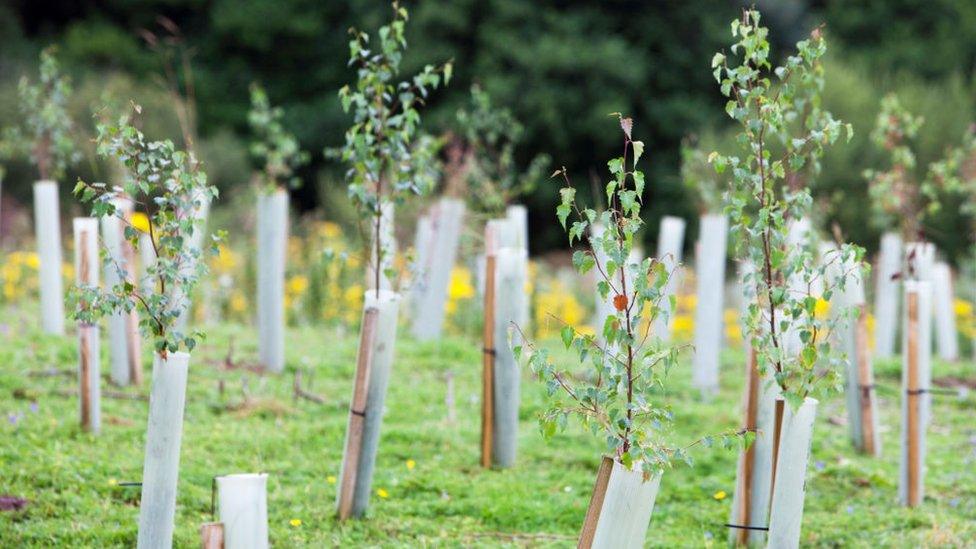Here's why trees are real life superheroes!
- Published
- comments
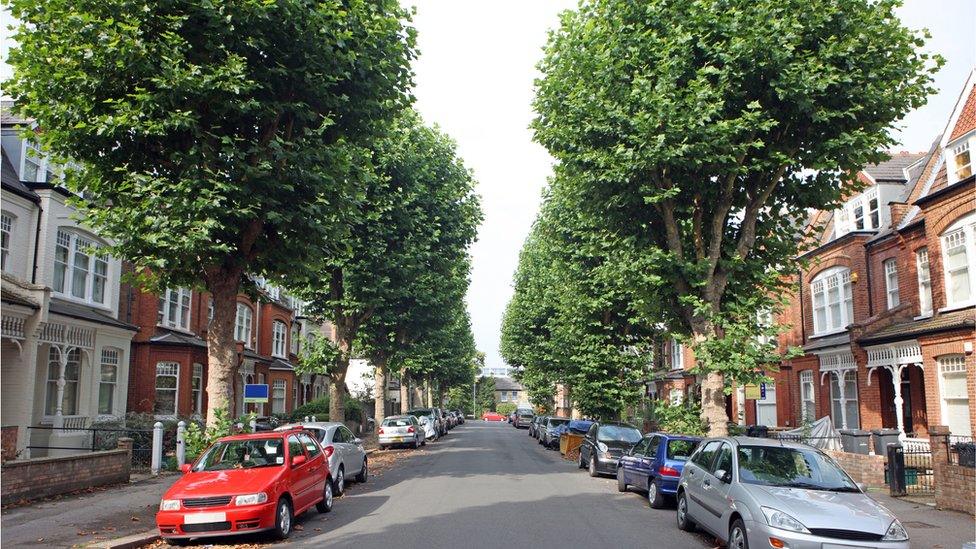
Trees are known to absorb carbon dioxide which is a big contributor to global warming
Trees are known to play a really important role when it comes to looking after the environment.
It's not only the ones found in forests and woodlands that have amazing properties, but also trees we see all around us each day.
These awesome plants are known to absorb carbon dioxide which is a big contributor to global warming.
From the trees on our streets and along our roads, to the ones in our parks, open green spaces and even gardens, there's no doubt trees are real life superheroes!
The huge plants are known to benefit us in lots of different ways, and a new study has found these positive effects to be worth an eyewatering £3.8 billion!
The figures come from of a new study carried out by Forest Research and Defra as part of National Tree Week.
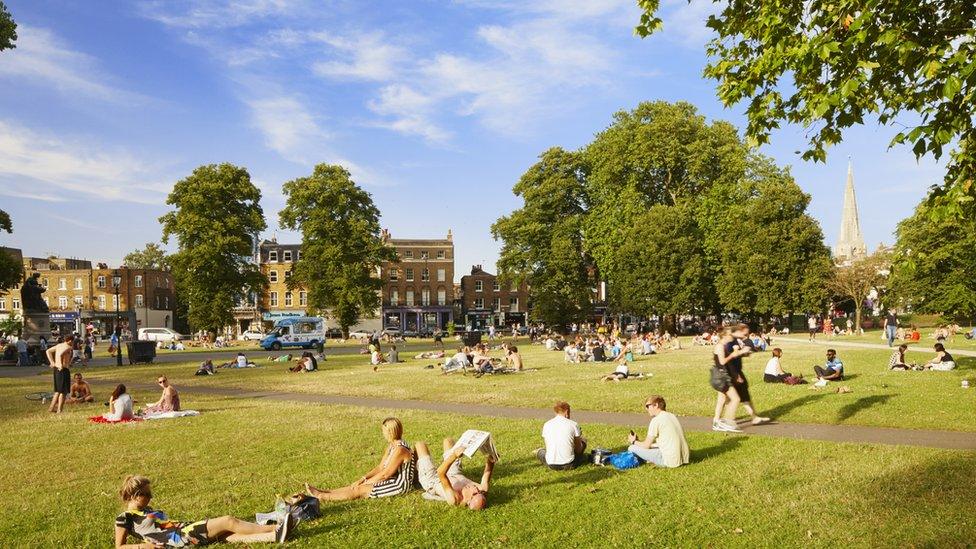
It's hoped the study will encourage councils, landowners and local communities to plant more trees
The researched reached this number by calculating what they believe are the estimated benefits of non-woodland trees, based on the important role they play in storing carbon, reducing the risk of flooding, helping to control temperatures and reducing noise and air pollution.
These characteristics all help to fight climate change, reducing damage to buildings and people caused by flooding, cooling our cities in during the warmer months and improving people's health and wellbeing over all.
There are believed to be about 73,000 tree species worldwide, including around 9,200 species that haven't been discovered yet!
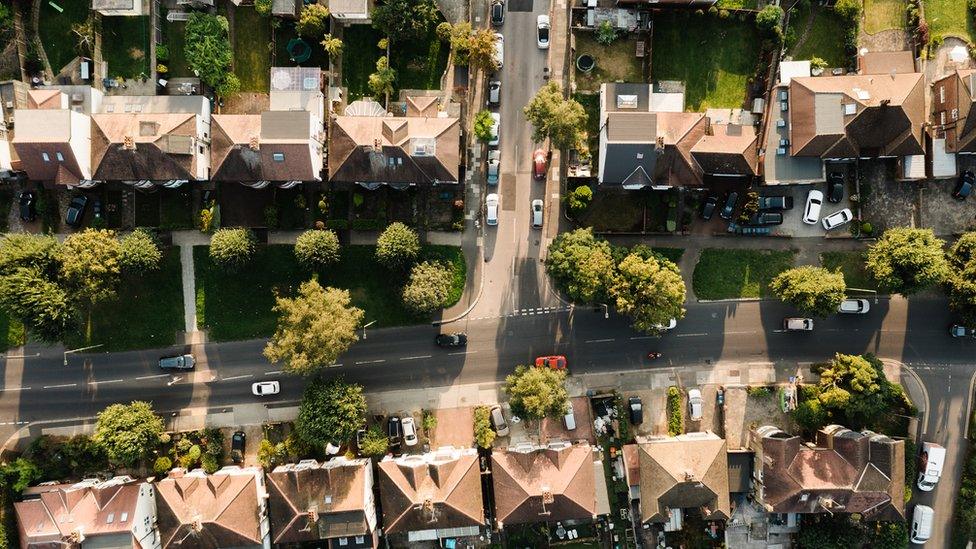
The benefits of non-woodland trees are thought to be worth billions of pounds
"This first-of-its-kind research demonstrates the dynamism of trees outside woodlands - from tackling many of the prevailing issues of our time, like air quality and climate change, to damping down noise and helping people to get a better night's sleep," said Richard Stanford who is the chief executive at the Forestry Commission.
It's hoped the research will encourage councils, landowners and local communities to plant more trees outside of woodlands and forests so their benefits are not only seen now, but in the future.
If you cannot see the quiz, click here.
"Trees outside of woodlands are all around us: in our gardens, along our roads, in our parks and open green spaces," said Kieron Doick who is the Head of the Urban Forest Research Group at Forest Research.
"Understanding their value can help make sure councils and landowners invest in the planting of more trees, and their aftercare so that they may continue to provide us with their abundant beauty and benefit."
- Published15 September 2016
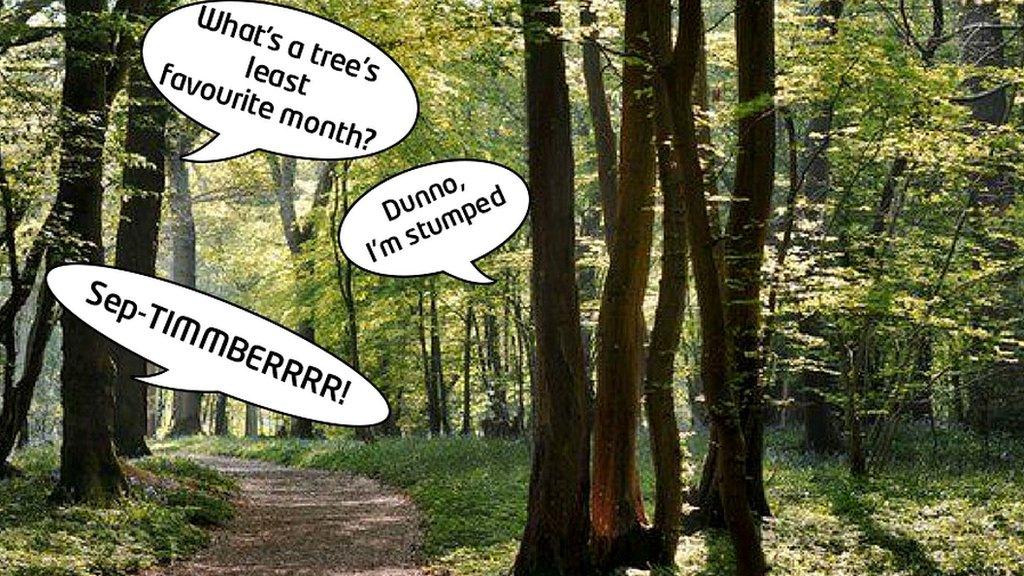
- Published1 December 2019
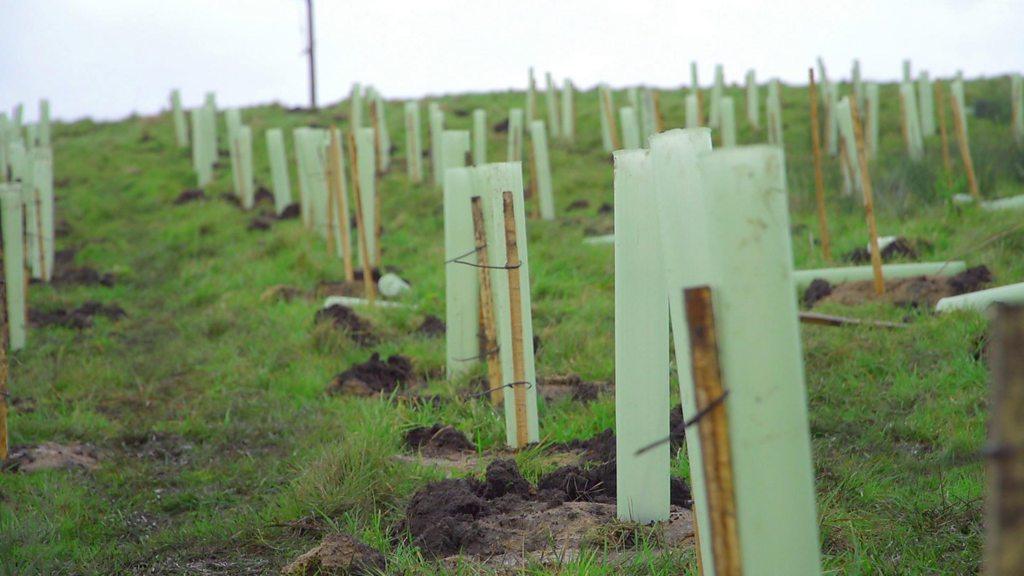
- Published5 August 2020
